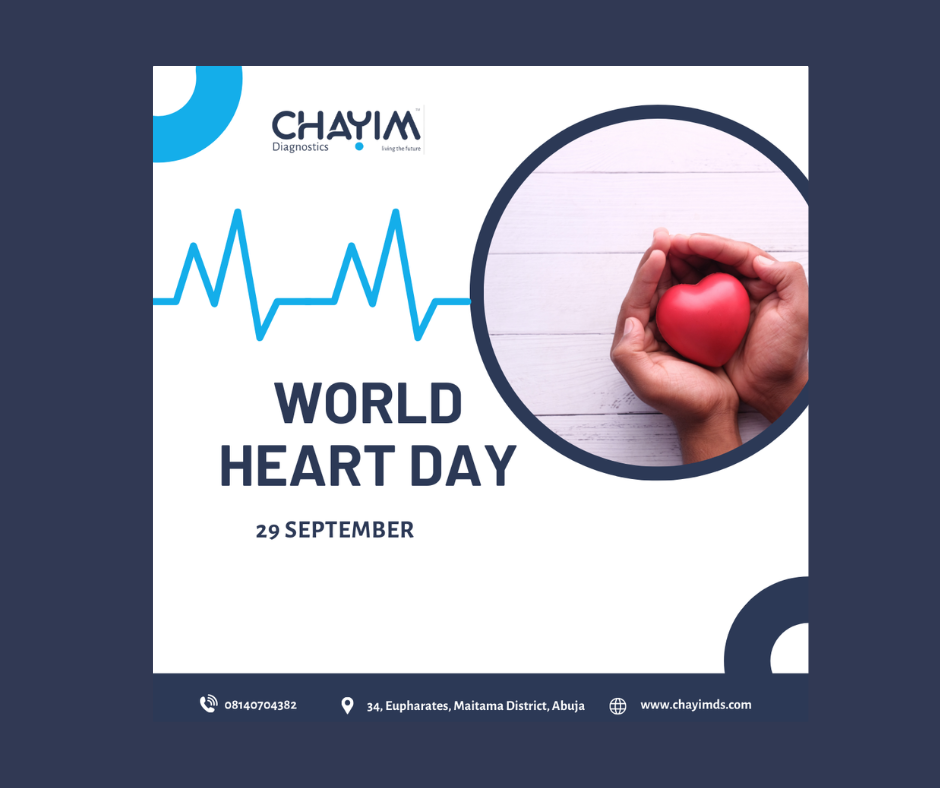The Importance of Cardiovascular Diagnostic Tests

The World Health Organization 2021 report on cardiovascular disease, states that this disease continues to be the leading global cause of death, contributing to nearly 18 million deaths every year.
Lifestyle adjustments like a healthy diet, consistent exercise, and quitting smoking can drastically lower heart disease risk. Early detection using diagnostic tests is vital in protecting heart health.
In this blog, we will delve into the importance of cardiovascular diagnostic tests and how they can prevent life-threatening conditions from escalating.
Cardiovascular diseases are diseases affecting the heart and blood vessels. The most common conditions include:
- Coronary artery disease (CAD): This is caused by blockages in the arteries that supply blood to the heart muscle, leading to chest pain or heart attacks.
- Hypertension: Chronic high blood pressure that increases the risk of heart failure, stroke, and kidney damage.
- Heart failure: The heart’s inability to pump blood efficiently, causing fatigue, shortness of breath, and fluid retention.
- Arrhythmias: Irregular heartbeats that can cause dizziness, fainting, or sudden cardiac arrest.
- Peripheral artery disease (PAD): Narrowing of the arteries in the limbs, leading to poor circulation and pain.
These conditions can be silent for years, which is why early detection through regular diagnostic screening is vital.
Cardiovascular Diagnostic Tests
Lifestyle changes are essential in reducing heart disease risks, and diagnostic tests play a pivotal role in identifying risks, tracking heart health, and informing medical decisions.
Here are some key cardiovascular diagnostic tests that can help detect heart conditions early:
1. Electrocardiogram (ECG)
An ECG is one of the most common tests used to assess heart health. It records the electrical activity of the heart, identifying irregular heart rhythms (arrhythmias), silent heart attacks, heart enlargement and other cardiac abnormalities.
Follow this link, and after navigating, search for ECG to schedule your test.
2. Echocardiogram
An echocardiogram is an ultrasound of the heart that uses sound waves to create detailed images of the heart’s structure and function. It helps assess heart muscle strength, valve function and disease, congenital heart defects, heart failure, and the presence of fluid around the heart.
Follow this link, and after navigating, search for ECHO to schedule your test.
3. Cardiac Markers (Blood Tests)
Cardiac biomarkers are blood tests that help diagnose acute conditions like heart attacks, heart damage and chronic conditions like heart failure. Some cardiac markers include;
- Creatinine Kinase (CK): Measures the enzyme CK in the blood, which can indicate muscle damage, including damage to the heart muscle, important for diagnosing heart attacks.
- CKMB: A specific form of CK found mainly in heart muscle, used to detect heart damage and confirm a heart attack.
- Myoglobin: This protein is released into the bloodstream when muscle tissue (including the heart) is damaged. It helps with the early detection of heart attacks.
- Troponin T: This checks the levels of the heart-specific protein released during heart muscle damage, which is essential for diagnosing heart attacks.
- Troponin I: Like Troponin T, it is a specific marker for heart muscle injury and is essential for detecting heart damage from conditions like heart attack.
- B-type Natriuretic Peptide (BNP): Measures levels of BNP, a hormone produced by the heart, which helps assess heart failure severity and monitor its progression.
- C-reactive Protein (CRP): Checks for inflammation in the body, which can indicate an increased risk of cardiovascular diseases like heart attack and stroke.
Why Cardiovascular Diagnostic Tests Matter
Cardiovascular diagnostic tests are critical in preventing, diagnosing, and managing heart diseases. Here’s why they are important:
Early Detection Saves Lives:
Cardiovascular diseases such as hypertension and coronary artery disease can remain asymptomatic until more severe events like heart attacks or strokes occur. Early detection through diagnostic tests allows for timely intervention, reducing the risk of life-threatening events.
Tailored Treatment Plans:
Diagnostic tests provide detailed insights into the health of the heart and blood vessels, enabling doctors to create personalized treatment plans. Data from diagnostic tests are pivotal in informing key decisions, whether it’s prescribing medications, suggesting lifestyle changes, or recommending surgeries.
Monitoring Disease Progression
For patients with existing heart conditions, regular diagnostic testing helps monitor disease progression and the effectiveness of treatment. It ensures that interventions are adjusted as necessary to maintain heart health.
Prevention of Complications
Identifying heart issues early through diagnostic tests can help prevent serious complications like heart failure, stroke, or sudden cardiac death. Tests like ECGs, echocardiograms, and stress tests can detect issues before they become critical.
Individuals at Risk of Cardiovascular diseases
- Adults over 40 years old: The risk of heart disease increases with age, especially for those with a family history of CVD.
- Individuals with hypertension, diabetes, or obesity: These are major risk factors for heart disease.
- Smokers and those with a sedentary lifestyle: These groups are at higher risk of developing heart disease.
- Patients with a family history of heart disease: Genetic factors can play a significant role in cardiovascular risk.
- Postmenopausal women: After menopause, women’s risk of heart disease increases due to the drop in estrogen levels.
- Patients experiencing chest pain, shortness of breath, or other heart-related symptoms: These individuals should undergo diagnostic testing immediately.
The World Health Organization recommends reducing the risk of cardiovascular diseases. These practices include.
- Cessation of tobacco use
- Reduction of salt in the diet
- Eating more fruit and vegetables
- Regular physical activity
- Limit alcohol intake.
- Regular check-up
Chayim diagnostics encourages everyone to regularly check their health status, a this is essential for catching cardiovascular diseases early. ness on food safety and hygiene and encouraging Us to prepare for the unexpected.


Responses